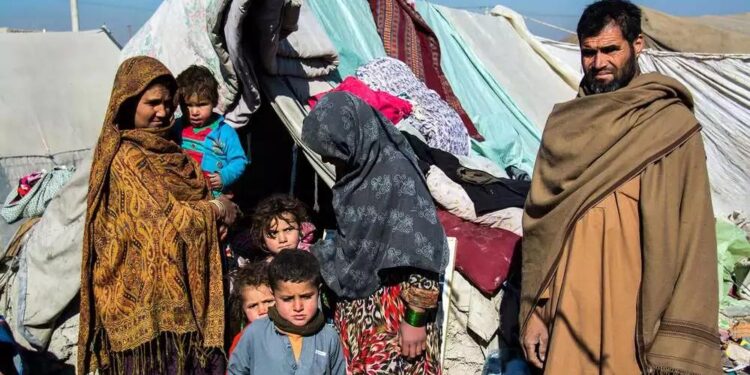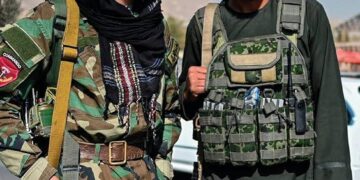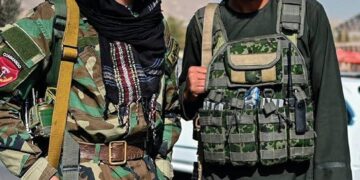Afghanistan: Enhancing Humanitarian Relief through European Civil Protection and Aid Initiatives
Afghanistan continues to face a profound humanitarian emergency fueled by persistent political unrest, economic decline, and mass displacement. The compounded effects of natural calamities alongside prolonged conflict have intensified the hardships endured by millions across the country. In response, the European Commission has amplified its commitment to delivering vital support through its Civil Protection and Humanitarian Aid Operations (ECHO). By implementing strategic interventions and fostering collaboration among stakeholders, the EU aims to mitigate suffering, restore livelihoods, and strengthen community resilience. This article delves into the comprehensive efforts spearheaded by ECHO in Afghanistan, examining on-the-ground challenges while underscoring a vision for sustainable recovery and regional stability.
Understanding Afghanistan’s Humanitarian Emergency and Its Regional Implications
The humanitarian situation in Afghanistan has escalated dramatically, with over 18 million individuals—nearly half of the population—requiring urgent assistance due to severe food shortages, inadequate healthcare services, and widespread internal displacement. The breakdown of critical infrastructure amid ongoing political instability has left vulnerable groups such as women and children disproportionately exposed to risks including malnutrition and exploitation. Recent UN reports highlight that nearly 40% of Afghan children under five suffer from stunting caused by chronic malnutrition—a stark indicator of deepening crisis.
Beyond national borders, this turmoil exerts pressure on neighboring countries like Pakistan and Iran as they absorb large numbers of refugees fleeing insecurity. These migratory flows strain local resources while heightening geopolitical tensions across South-Central Asia. Experts caution that without robust international engagement focused on both immediate relief and long-term development strategies—including education access for displaced youth—the risk of escalating extremism could further destabilize an already fragile region.
EU Initiatives to Fortify Civil Protection and Humanitarian Aid in Afghanistan
In light of these pressing challenges, the European Union is intensifying efforts aimed at reinforcing civil protection frameworks within Afghanistan. Central to this approach is enhancing disaster preparedness capacities among local authorities alongside empowering communities directly affected by crises. Key components include:
- Rapid Deployment Teams: Specialized units trained for swift intervention during emergencies such as floods or earthquakes.
- Capacity Enhancement Programs: Comprehensive training modules designed to build skills among first responders at provincial levels.
- Community Empowerment Projects: Grassroots initiatives promoting disaster risk reduction awareness tailored for rural populations.
- Strategic Partnerships: Collaboration with international NGOs ensures optimized resource distribution aligned with evolving needs.
Material aid remains a cornerstone of EU support—with recent deliveries focusing on essential commodities like nutritious food packages adapted for malnourished children; mobile health clinics staffed with medical professionals providing vaccinations; plus improvements in water supply systems ensuring access to safe drinking water in remote districts.
| Crisis Area | ECHO Intervention Focus | |||||
|---|---|---|---|---|---|---|
| Nutritional Deficiency | Sustained distribution campaigns targeting vulnerable households. | |||||
| Lack of Medical Services | Mobilization of health outreach teams equipped with essential medicines. | |||||
| Poor Sanitation Infrastructure | < td > Installation & maintenance programs for clean water points & latrines.
| < strong >Program Initiative< / strong > | < strong >Objective Description< / strong > < / tr > < /thead > |
|---|---|
| Local NGO Capacity Workshops< / td > | Skill-building sessions aimed at improving project management & reporting standards.< / td > < / tr > |
| Specialized Rapid Response Units Deployment< / td > | Mobilizing expert teams tailored according to specific emergency typologies identified locally.< / td > < / tr > |














